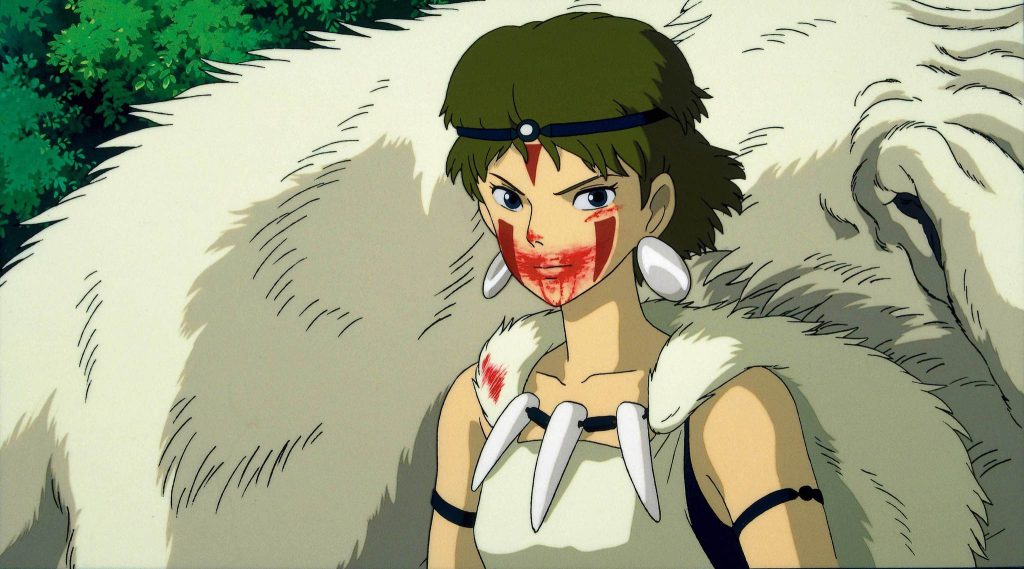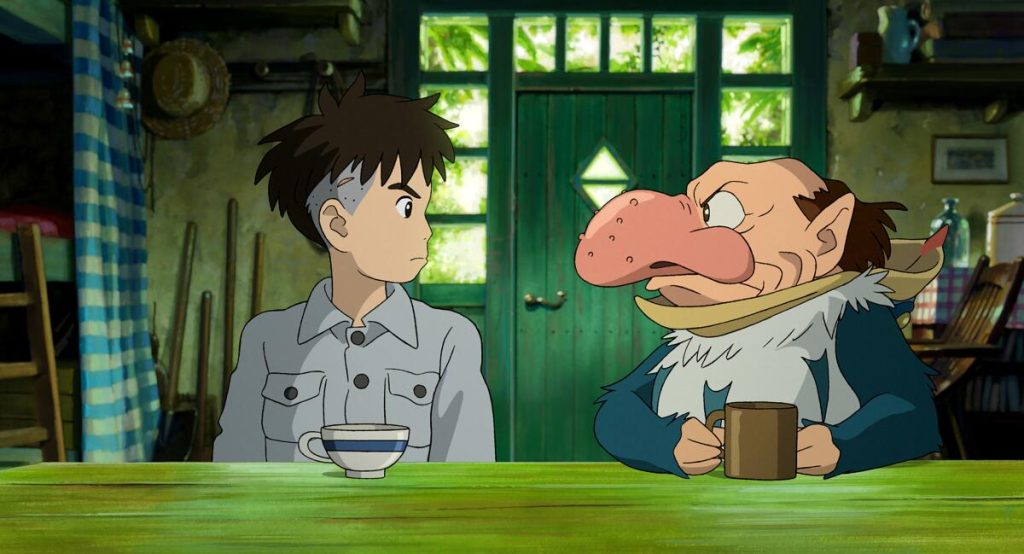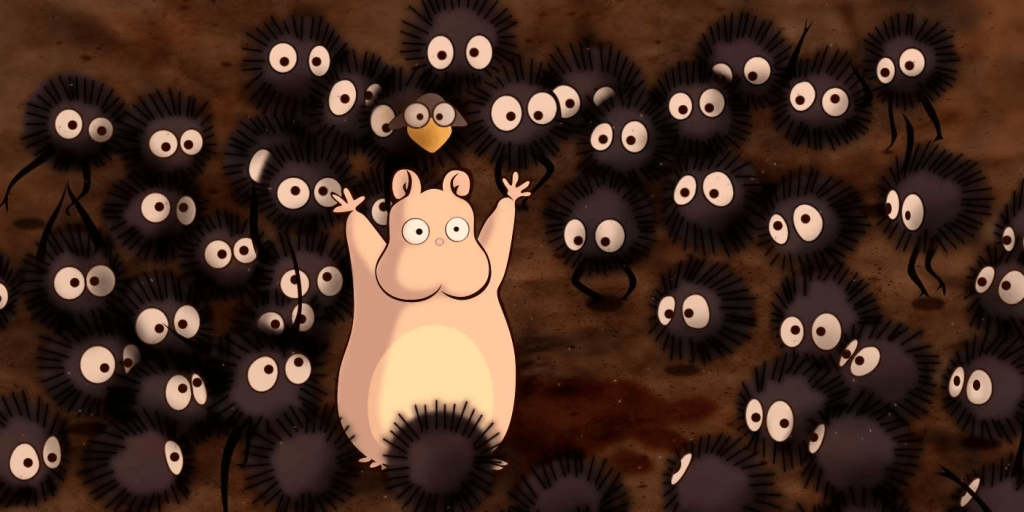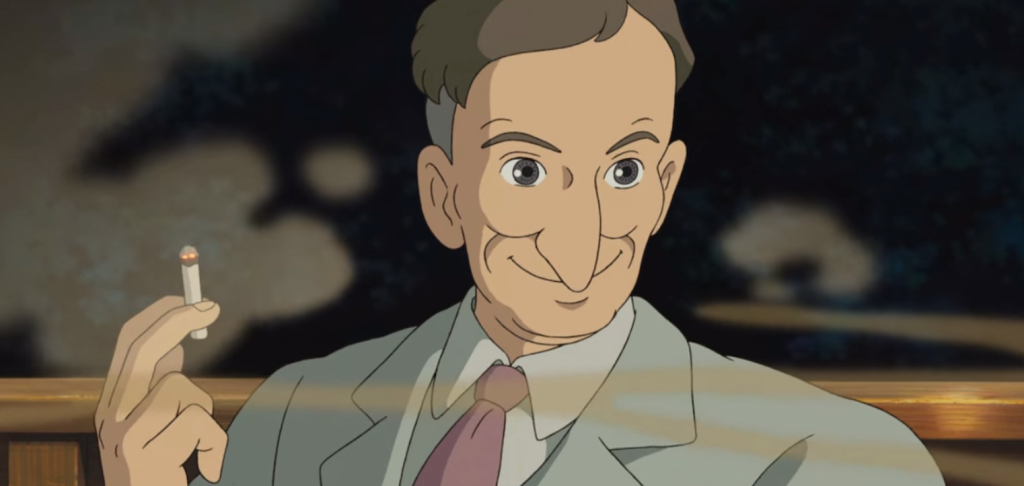When it comes to imagination and creating story-rich films, Hayao Miyazaki and his Studio Ghibli are the names that pop up in our minds. Time and again, Miyazaki-Sensei proved why he is the greatest storyteller of this generation and how his ideas will resonate with multi-generational viewers.

Each one of his movies would be unique and have an unmatched level of detail, which gives the studio its distinctive tone and the ability to express. Part of the studio’s global fame goes to Steve Alpert, who was the head of its international division between 1996 and 2011.
Alpert, who closely monitored the public relations and the English translations of the film, witnessed closely how the studio capitalized on Disney’s mistake as Miyazaki-Sensei and Suzuki-San preferred to have control over their work.
Disney Knew How To Outsmart Hayao Miyazaki for Rejecting Their Dubbed Works
Though Hayao Miyazaki’s Studio Ghibli is renowned for its alluring stories and visceral masterpieces such as Princess Mononoke, The Boy and the Heron, My Neighbor Totoro, and so many more, the studio shared an ugly past with Disney over creative rights.

Things between the two companies have been so ugly that in one instance, Miyazaki-Sensei threatened Harvey Weinstein with a samurai sword and a note stating, “No Cuts.” However, that is not all because Steve Alpert recalls one incident where a legal suit followed the studio over creative rights
During an exclusive interview with Cartoon Brew, the interviewer asked Alpert if the creative heads at Studio Ghibli were frustrated by their films being translated into a language they could not fully understand.

He corrected the interviewer, saying that Miyazaki-Sensei was “curious more than anything else” and would reject Disney on their face. He said,
I’d say they were curious more than anything else. Miyazaki is always curious about what other people will do, and what they think he should do, sometimes. They let Disney do it to see what would happen — then they’d reject it [laughs].
He, then, recalled one incident, which got them in big trouble, which he learned the “hard way” because of an American concept called “constructive consent.”
The incident would feature Toshio Suzuki rejecting a dubbed work from Disney because it was just “terrible.” Alpert said,
That almost got us in trouble one time. I learned the hard way that there’s this legal concept in America called “constructive consent.” Disney once showed an incomplete dub of Kiki’s Delivery Service to Suzuki, and he didn’t say anything. Afterwards, when we left, he said it was terrible, and told me to reject it.
He further added,
But then Disney formally presented to us their lawyer’s claim that Suzuki had agreed to it, because he hadn’t objected when he saw it. And it became a big legal thing.
Nevertheless, translating a work will always be one of the most difficult tasks in the world. The translator must not only recreate the same work with appropriate substitutional words in another language but also try to recreate the same essence of the source material.
Steve Alpert shared his thoughts on how translating Studio Ghibli’s work has been a monumental task in itself.
Steve Alpert Gives His Take on Translating Miyazaki-Sensei’s Creations
In the same interview, the interviewer asked him about “the stress of translation” and if he enjoyed doing it. Alpert was quick with his answer, and he stated how it was “something I’d always wanted to do.”

However, he never expected his passion to be so difficult and gained more respect for his work. He said,
Yes, because it was something I’d always wanted to do. But not as much as I’d hoped. I gained more respect for how difficult it is. Translating movies is hard, because you’ve got something up on the screen that you have to match to, and there’s limitations.
He further shed light on how two languages, Japanese and English, lack the nearest natural equivalent in the target language, which would always leave room for criticism.
Also, especially between Japanese and English, there’s a lot of room for different kinds of translations — so, whatever you do, somebody will object.
With such dedication to his work, Miyazaki-Sensei decided to give his international division head by making a character based on him, giving an ultimate tribute that an employer can give to his employee.
Princess Mononoke can be streamed on Apple TV.

